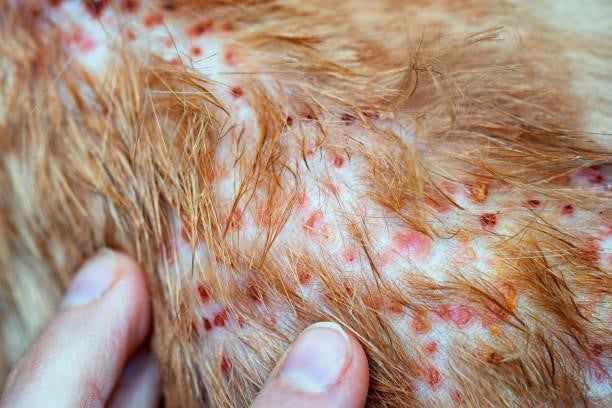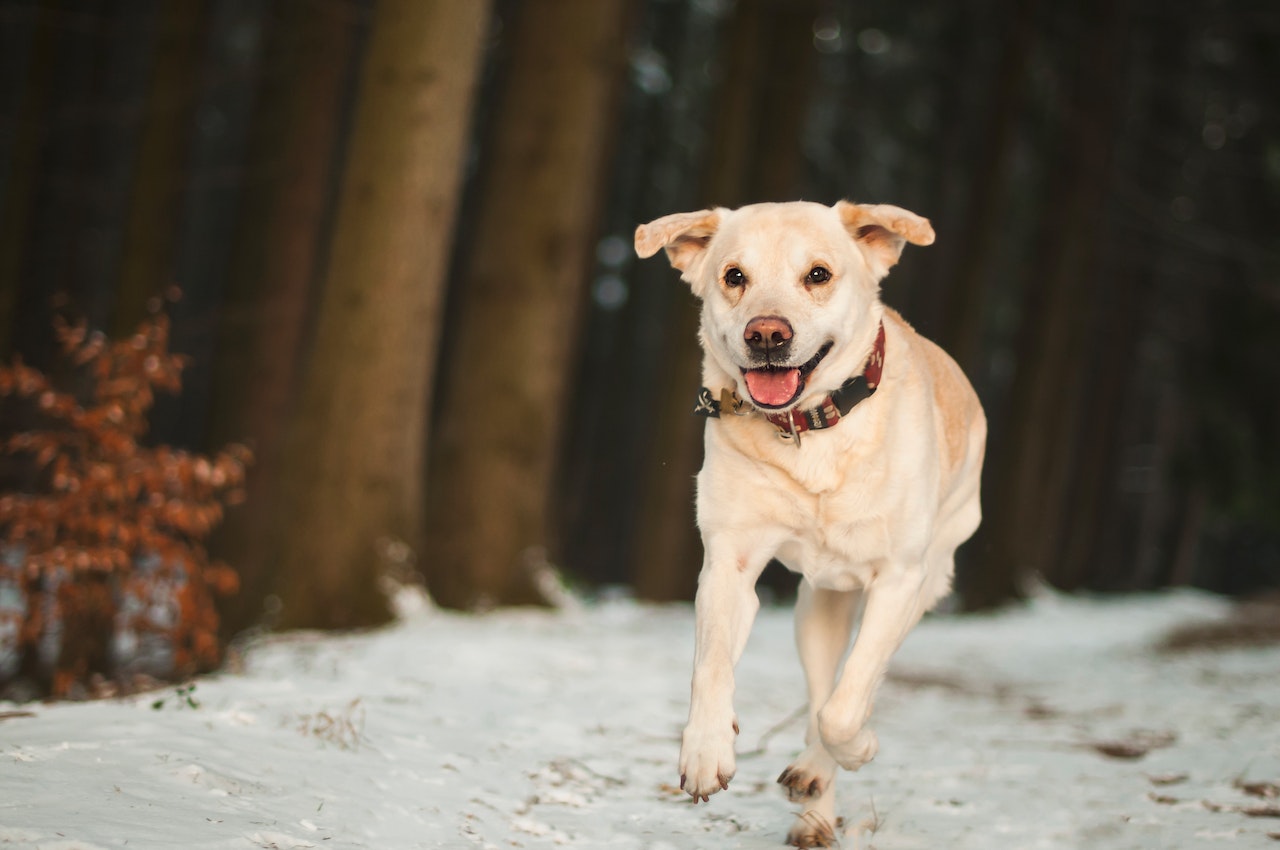
Dogs are wonderful friends who provide us love, joy, and comfort. They also bring with them a unique set of health issues that pet owners should be aware of. One often asked issue is whether dogs can acquire a cold. In this article, we will explore what a cold is, whether dogs can catch a cold, and how to prevent it.
What is a Cold?
A cold is a viral infection that affects the respiratory system. It is caused by different viruses, and its symptoms include a runny or stuffy nose, sneezing, coughing, sore throat, and sometimes a mild fever. The common cold can affect both humans and animals, including dogs.
Can Dogs Catch a Cold?
Yes, dogs can catch a cold. However, the viruses that cause a cold in humans are different from those that affect dogs. Therefore, dogs cannot catch a cold from humans, and humans cannot catch a cold from dogs. The viruses that affect dogs are specific to their species and are usually transmitted through contact with other infected dogs.

Reasons Why Dogs Can Catch a Cold
Dogs, just like humans, are susceptible to getting sick with various illnesses and infections, including the common cold. A cold is a viral respiratory infection that can affect the upper respiratory tract, including the nose, throat, and lungs. It is caused by different viruses and can manifest in a variety of ways, including sneezing, coughing, nasal discharge, and fatigue.
Here are some of the reasons why dogs catch cold:
Weakened immune system
A dog with a weakened immune system is more vulnerable to infections, including the common cold. Several factors can weaken a dog's immune system, such as stress, poor diet, and underlying health conditions.
Age
Puppies and senior dogs have weaker immune systems than adult dogs. Puppies are still developing their immune system and are more susceptible to infections, while senior dogs have a decreased ability to fight off infections.
Contact with infected dogs
Dogs can catch a cold through contact with other infected dogs. This can happen when dogs come into close proximity with each other at the dog park, grooming facilities, or boarding kennels.
Environmental factors
Cold weather, drafts, and sudden changes in temperature can weaken a dog's immune system and make them more susceptible to infections.
Breed
Some breeds are more susceptible to respiratory problems than others, such as Bulldogs, Pugs, and Boxers. These breeds have shorter snouts, which can cause respiratory problems and make them more vulnerable to infections.
Poor nutrition
A dog's diet plays an essential role in their immune system health. Feeding a dog a diet that lacks essential nutrients, vitamins, and minerals can weaken their immune system, making them more susceptible to infections.
Exposure to irritants
Exposure to irritants such as cigarette smoke, dust, and pollen can weaken a dog's immune system and make them more susceptible to infections.
Stress
Just like humans, dogs can get stressed, and chronic stress can weaken their immune system, making them more vulnerable to infections.
Preventing Cold in Dogs
Prevention is always better than cure. Preventing a cold in dogs is essential as it can lead to more severe health complications if left untreated. Here are some tips on how to prevent a cold in dogs:
- Vaccination: Vaccination is an essential part of preventing cold in dogs. Ensure that your dog receives vaccinations against common canine viruses such as the canine distemper virus, adenovirus, and parvovirus.
- Limit exposure to other dogs: Limit your dog's exposure to other sick dogs, particularly in crowded places such as dog parks or boarding kennels. This can help prevent the spread of respiratory infections among dogs.
- Keep your dog warm and dry: Exposure to cold and damp weather can weaken your dog's immune system and make them more susceptible to colds. Ensure that your dog's living environment is warm and dry, and consider using a dog coat during cold weather.
- Maintain a healthy diet: Feeding your dog a healthy and balanced diet can help boost their immune system and prevent colds. Ensure that your dog's diet includes essential nutrients such as proteins, vitamins, and minerals.
- Provide regular exercise: Regular exercise can help improve your dog's overall health and strengthen their immune system, making them less likely to catch a cold.
- Grooming: Regular grooming can help keep your dog's coat healthy and free from matting, which can lead to skin infections. Additionally, grooming can help you identify any unusual changes in your dog's coat or skin that may be indicative of an underlying health problem.
- Keep your dog away from irritants: Exposure to cigarette smoke, dust, and pollen can weaken your dog's immune system, making them more susceptible to colds. Ensure that your dog is kept away from these irritants as much as possible.
- Regular veterinary check-ups: Regular veterinary check-ups can help detect any health problems early on, allowing for timely treatment and prevention of potential complications.
Overall, preventing a cold in dogs involves taking proactive measures to boost their immune system and limit their exposure to potential sources of infection. By following the tips above and seeking veterinary care when necessary, you can help keep your furry friend healthy and happy.

Other Considerations:
It is essential to note that dogs with respiratory problems such as asthma, bronchitis, or pneumonia are more prone to catching a cold. These conditions weaken their immune system, making them more vulnerable to infections.
Additionally, some dog breeds are more susceptible to respiratory problems than others. Breeds such as bulldogs, pugs, and boxers have a higher incidence of respiratory problems than other breeds.
Concluding words
Dogs can catch a cold, but the viruses that cause a cold in humans are different from those that affect dogs. However, dogs can still catch a cold through direct or indirect contact with other infected dogs. It is essential to take preventive measures to keep your dog healthy and to seek veterinary care if you notice any cold-like symptoms. By taking the necessary precautions and providing your dog with proper care, you can keep them happy, healthy, and cold-free.



